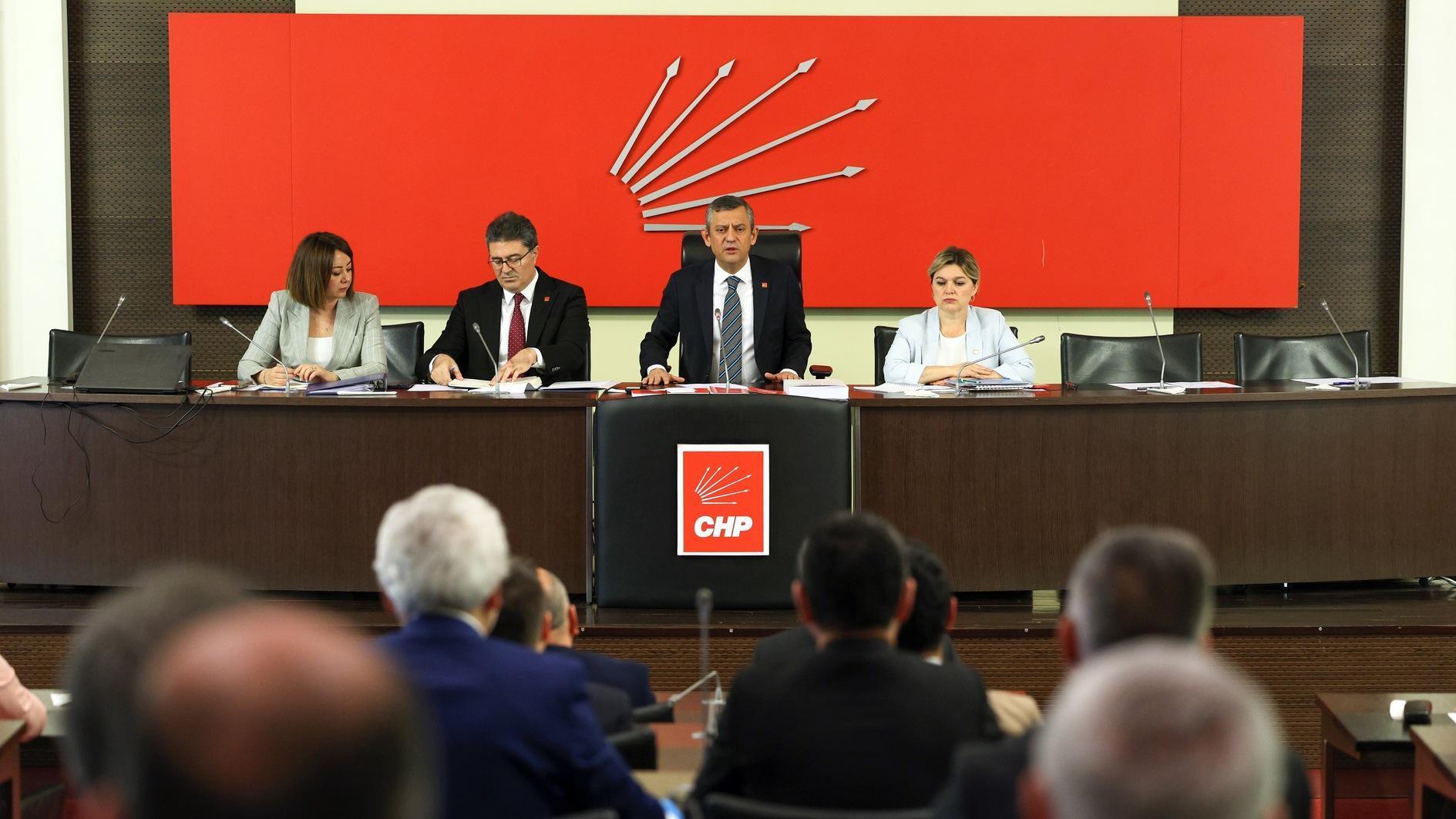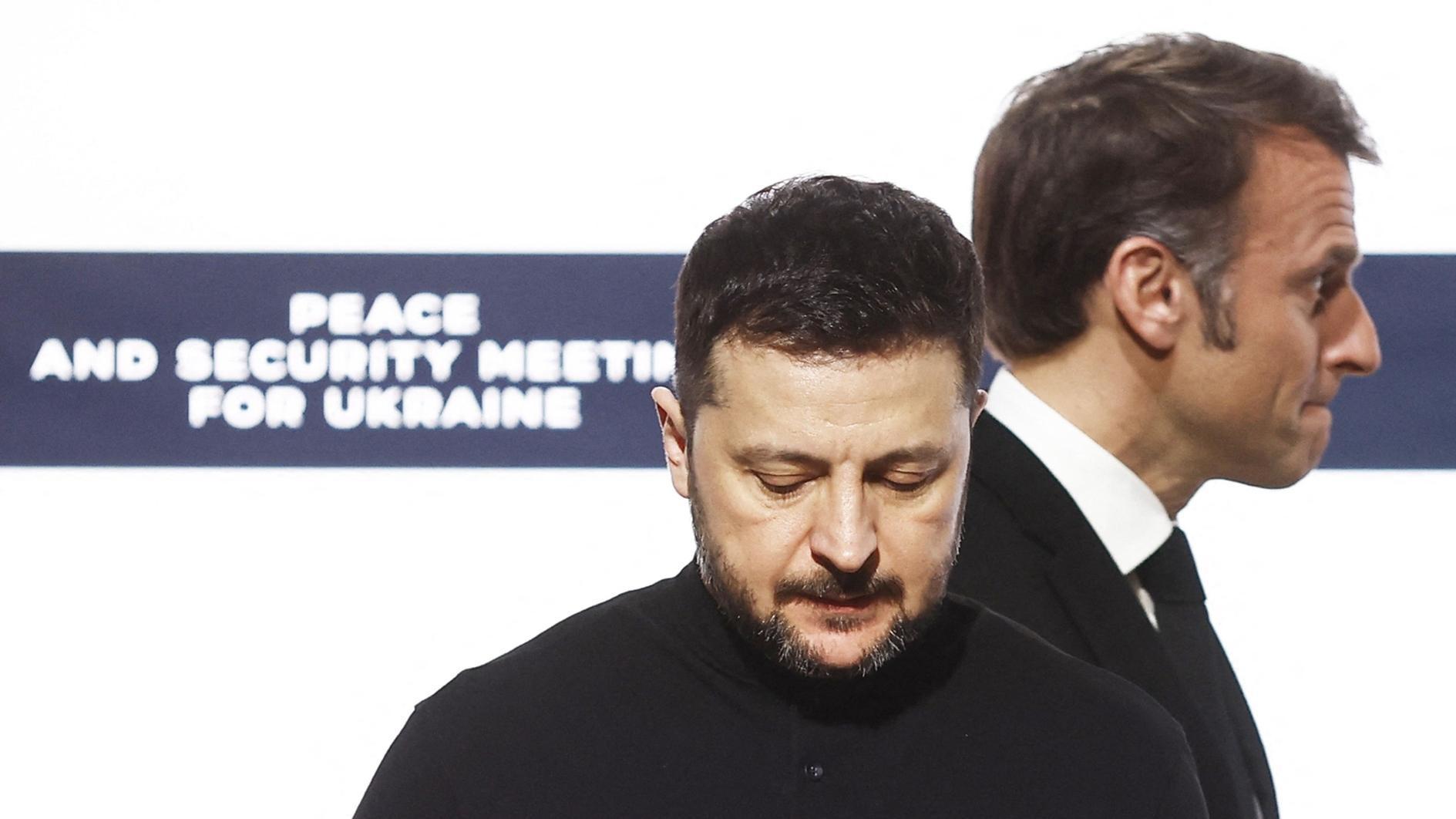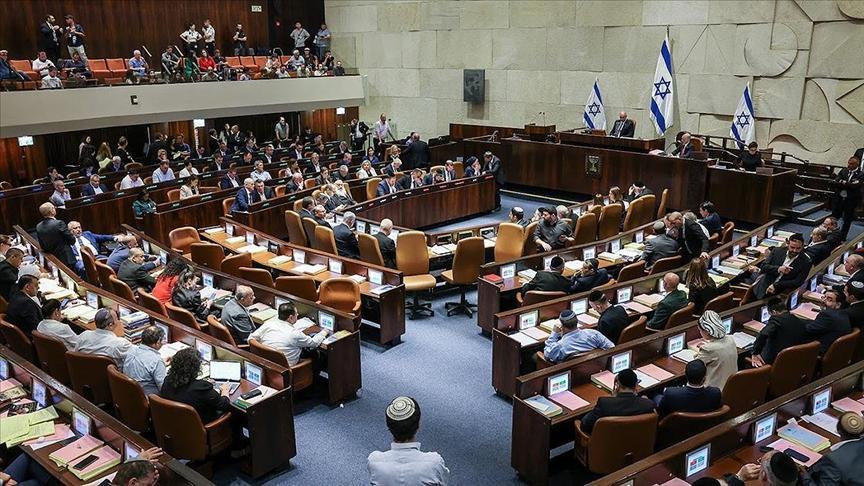Will Eastern Mediterranean natural gas be able to resolve the Cyprus issue?
Bekir GÜNAY
The Cyprus issue, in spite of being the most controversial topic of Turkish politics and Turkish Foreign Policy, has been on the table with minimum progress toward a solution for years.This issue, defined as a conflict in Turkish foreign policy in 1960s, reached its peak with the Cyprus Peace Operation, conducted by Turkey in 1974, and evolved into a different phase until now. In 2015, the discovery of gas in Eastern Mediterranean left its mark on the Cyprus issue.
The EU is dependent on outside resources for natural gas. EU countries, importing natural gas mostly from Russia, have been disturbed as customers, due to Russia’s use of Gazprom, the natural gas company of Russia, as a weapon in the Ukrainian crisis. Thus, the EU has been searching for new energy resources. Therefore, the EU is interested in the TANAP project of Azerbaijan, natural gas of Northern Iraq, and even the natural gas of Iran, which brought the EU’s positive attitude in nuclear negotiations with Iran. The commonality of all these alternatives is that none of these production fields belong to the EU. However, the situation in the Eastern Mediterranean gas is completely different. After the membership of Southern Cyprus to the EU, the EU has actively participated in the Eastern Mediterranean natural gas dispute.
On the other hand, the transport of natural gas through the shortest, cheapest and safest way to Europe is the most important for the EU. Israel is the leading country on the Eastern Mediterranean natural gas issue. In Israel’s perspective, the Lebanon-Syria-Turkey line should be the route to transmit natural gas to the European market; however, currently it is not possible because of the Syrian war and broken relations between Turkey and Israel. Also, the EU’s perspective within the framework of Europe’s increasing energy demand is to find a way to bring this natural gas to Europe. From this point on, all attention is on Cyprus. However, the political instability and dividedness in Cyprus, as well as the increasing natural gas demand of the EU, pushes Europe to solve this problem immediately. On the other hand, economic problems in both Northern and Southern Cyprus, having combined with the desire of Cypriots for reunification as a result of recent governmental changes on both sides, has made it necessary for Turkey to generate new strategies on Cyprus.
Recently, Egypt, Greece, Southern Cyprus and Israel were in close cooperation for the last year, rushing how to transport natural gas from the Eastern Mediterranean to Europe. It should also be remembered that the route will be determined not only by political strategies but also by energy costs as a result of the pressure coming from energy companies. From this point of view, it is impossible to transport Eastern Mediterranean gas to EU countries without Turkey in a secure and fast way. Within this context, Turkey should revise its Cyprus policy without compromising the rights of Turkish Cypriots, and also by taking into consideration its own interests as the guarantor country. Turkey needs a strategy evolving into a reunited Cyprus in which both sides have equal rights regarding politics, administration and energy and also protected by Turkey, unlike as it was in 1960s, when the Greeks had the advantage. Furthermore, it should be noted that “as long as a deadlock policy has been followed by Turkey as the solution, it may be too late.” We should never forget that a process has already started and the other parties are taking steps without Turkey. The EU, which will have already imported natural gas from its member state Southern Cyprus, will also buy natural gas from Israel and Egypt for its own energy security. It is certain that gas will reach the European market, whether we like it or not, and Turkey should never underestimate that the pipelines may pass through Greece even though this route is more costly. However, unemployment in Northern Cyprus, economic conditions, attitudes of the young and the latest election results show that Northern Cyprus has been gradually shifting towards the EU side.
As a result, it is necessary for Turkey to create a new Cyprus strategy that will keep Cyprus in the axis of Turkey and not the EU, enabling natural gas pipelines to carry Eastern Mediterranean gas through Turkey and make Turkey an effective actor in European energy security. Lastly, the possible reunification of Cyprus has to be taken into account seriously by Turkey.











